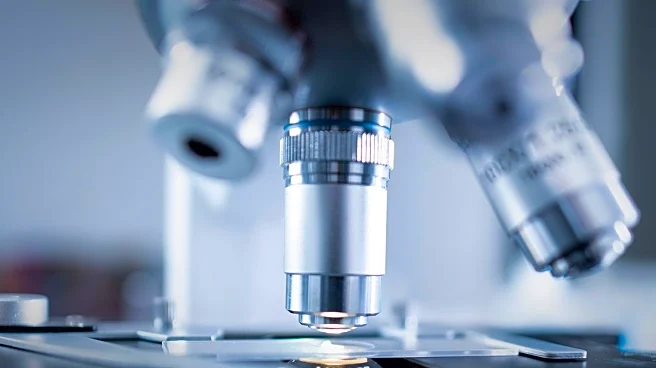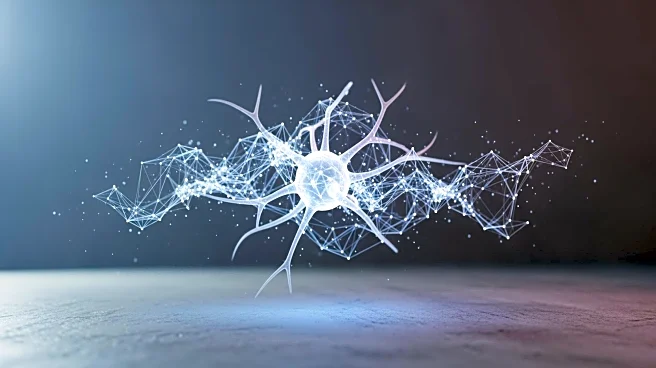What's Happening?
William Morice II, M.D., Ph.D., president and CEO of Mayo Clinic Laboratories, highlighted the growing importance of diagnostic testing in precision medicine during a conversation with Fierce Biotech Publisher
Rebecca Willumson. Morice emphasized that advances in diagnostics are enabling clinicians to tailor therapies based on the underlying biology of diseases, such as cancer and immune system responses. The integration of genomics, proteomics, and metabolomics is creating richer datasets that can predict disease risk, guide therapy choices, and enable earlier intervention. Artificial intelligence and digital tools are playing a crucial role in harnessing this data to shape the future of medicine.
Why It's Important?
The advancements in diagnostic testing are significant as they represent a shift towards more personalized and effective treatments in healthcare. By targeting therapies based on the biological characteristics of diseases, healthcare providers can improve patient outcomes and reduce the trial-and-error approach often associated with traditional treatments. This approach is particularly beneficial in complex conditions like cancer, where precision medicine can lead to more successful interventions. The use of AI and digital tools in diagnostics also promises to streamline healthcare processes, making them more efficient and accessible.
What's Next?
Mayo Clinic is expected to continue its efforts in advancing precision medicine through diagnostics, potentially leading to new collaborations and innovations in the field. As capabilities in genomics and other areas evolve, the healthcare industry may see an increase in the adoption of data-driven approaches to treatment. This could result in more healthcare organizations integrating AI and digital tools into their diagnostic processes, further enhancing the precision and effectiveness of medical care.
Beyond the Headlines
The ethical implications of using AI and large datasets in healthcare are significant. Ensuring patient privacy and data security will be crucial as more sensitive information is utilized in diagnostics. Additionally, the shift towards precision medicine may require changes in medical education and training, as healthcare professionals adapt to new technologies and methodologies.








